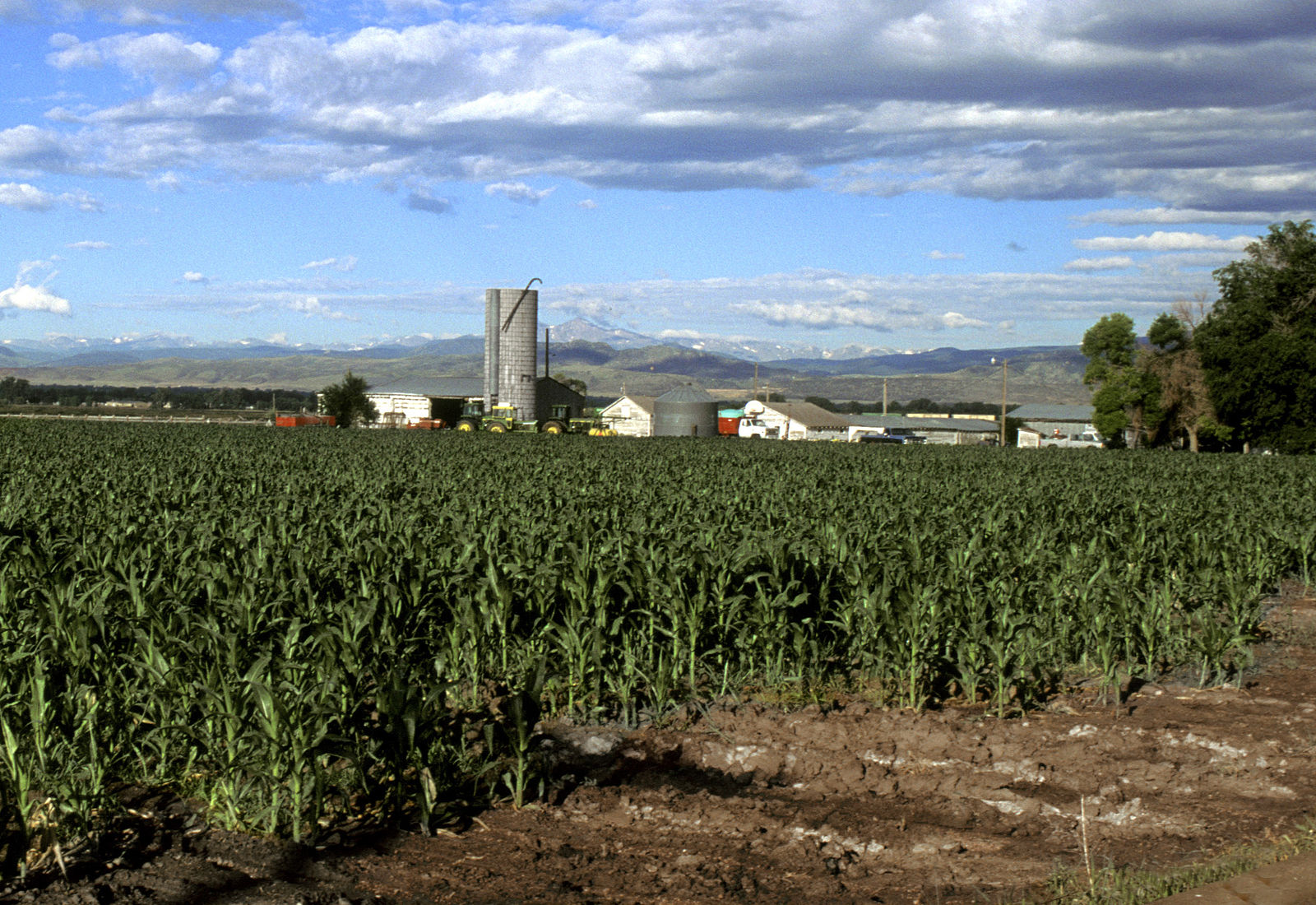Rural Opportunity Office bill clears first committee

A bill that codifies a state office devoted to rural economic opportunities won approval from a state Senate panel on Thursday.
Senate Bill 6, sponsored by Sens. Dylan Roberts, D-Eagle and Janice Rich, R-Grand Junction, would put statutorily place the Rural Opportunity Office within the governor’s Office of Economic Development and International Trade.
The office and its staff of six, working largely under federal grants and in the communities they serve, has been in existence since 2019. Those grants run out next year, so the office is looking for state funding to continue and build on its work. The bill’s fiscal note shows a general fund cost of just under $300,000 per year.
The office has a track record of success to show for its existence, according to Alissa Johnson of OEDIT.
The office, and its eastern rural representative, have been working for 18 months with the Prowers County Economic Development Office on a strategy for an advanced textile manufacturing site and workforce development program, Johnson told Colorado Politics.
In Rangely, the rural opportunity office is working on a public-private-partnership renewable energy project. The solar and geothermal storage project received federal funding in 2022, and the office and its state partners are now working on identifying federally-required match partners.
Among its biggest projects was a weekly webinar during the pandemic, in league with StartUp Colorado and the federal Small Business Development Center, reaching more than 5,000 rural business owners with connections to resources and information. The office also provided information on its website to highlight local, state and federal pandemic recovery programs, grants and loans for small businesses throughout the state.
In Hayden, the office, along with the Department of Local Affairs and the Office of Just Transition at the Department of Labor and Employment, is working with the Routt County community on a $5.2 million grant from the federal government for roadway and water infrastructure that will support the development of an industrial park in the Routt County community. Three businesses have already signed up for the park and more are expected, and the park could generate as much as 79 jobs and $12 million in private economic activity, Johnson said.
Roberts told the Senate committee that rural Colorado faces unique challenges in economic development that larger cities don’t face. The rural opportunity office helps communities connect to 150 OEDIT programs, as well as other state, federal and private economic development resources.
The “one-stop shop” for a rural community will help smaller communities that don’t have the resources to investigate opportunities across state agencies, Roberts explained.
Rich added the office served 6,000 businesses and stakeholders in a six-month period.
“You can imagine what it can do if it continues to serve rural communities,” she said.
Rachel Beck of the Colorado Competitive Council spoke of a camel dairy in Wray that is working to expand its national reach. One of only two in the nation, Camelot Dairy produces camel milk that helps those who are lactose intolerant. OEDIT’s Johnson told Colorado Politics it had never worked with the dairy and that it was cited as an example of a business it could work with in the future.
The bill, which faced no opposition in the Senate Business, Labor & Technology Committee committee hearing, won support from various economic development entities, including the Northwest Colorado Council of Governments. It was amended to require the office’s staff members to physically live in rural communities and to require the office to help with grant-writing support to communities or businesses.
As with many of the dozen offices created during the Polis administration, the bill does not require the office to report its activities through any oversight committee.
However, the office is accountable to its federal funders on the grants, and reports to the economic development commission, a subdivision of OEDIT, according to office staff.
If funded by the state, they could also be included in OEDIT’s reporting to the Joint Budget Committee and potentially to the joint business committees as part of the annual SMART Act hearings.
The bill received a unanimous 9-0 vote and now heads to the Senate Appropriations Committee.















